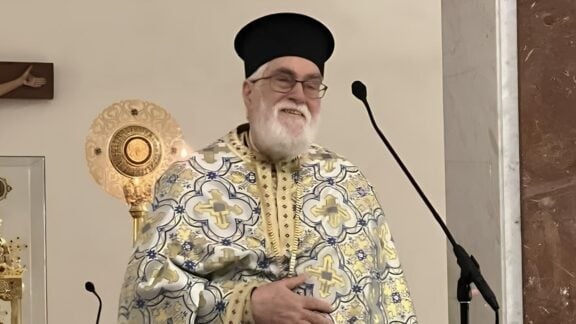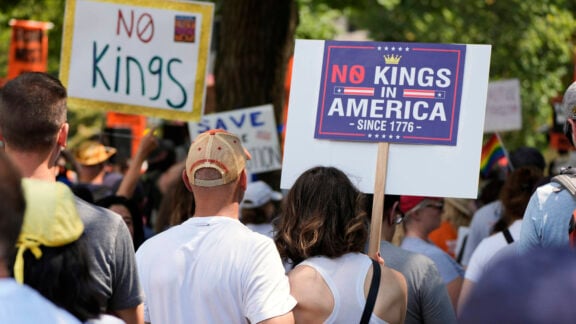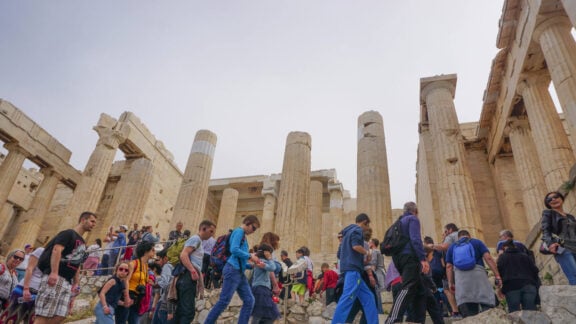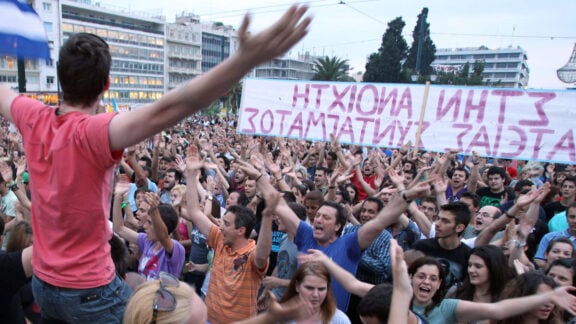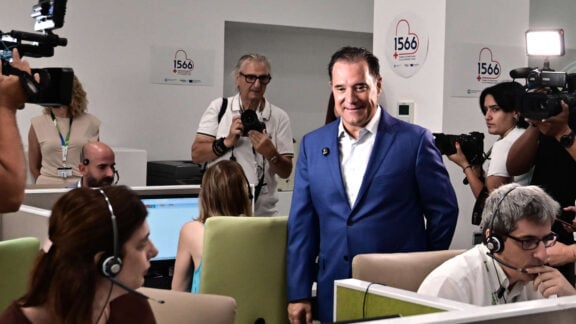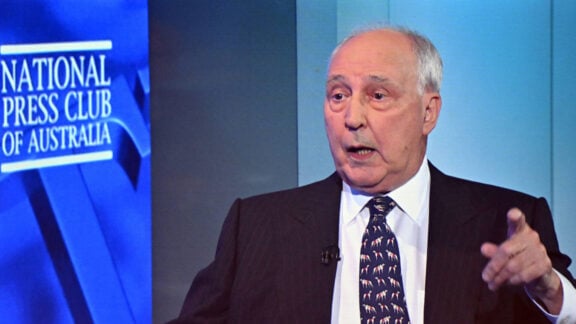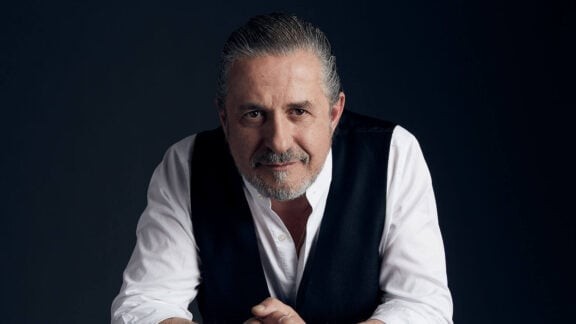Former President of the Hellenic Republic Karolos Papoulias died on Sunday 26 December at the age of 92. He was born in the village Molybdoskepastos of Ioannina and was son of major general Grigorios Papoulias.
In 1974 he became member of the political party PASOK and was elected MP with PASOK for 26 years (1977-2004).
Papoulias, who was also foreign minister in 1985-89 and 1993-96, was a high-ranking member of socialist PASOK party and a close associate of its late leader and former prime minister Andreas Papandreou.

Former prime minister Andreas Papandreou and Karolos Papoulias. Photo: Eurokinissi
He was elected President of the Hellenic Republic in February 2005 from the first round and was re-elected president on February 3, 2010.
Papoulias was married to May (Maria) Panou and had three daughters.
President Katerina Sakellaropoulou paid tribute to Papoulias for his role in the resistance against Nazi occupation during World War Two and against Greece’s 1967-74 military junta.
“His participation in the national resistance and the anti-dictatorship struggle…reflected his continuous devotion to the ideals of freedom and justice, which he defended throughout his life,” Sakellaropoulou said in a statement.
Karolos Papoulias obtained a Law degree from the University of Athens, a master’s degree in Public International Law and International Relations from the University of Milan, and a doctorate in Private International Law from the University of Cologne. He was an associate of the Munich Institute for Southeast Europe. Apart from his native Greek, he also spoke English, French, German and Italian. A former pole-vault and volleyball champion, Papoulias had been chairman of the National Sports Association since 1985. He was also a founding member and until recently president of the Association for the Greek Linguistic Heritage.
Papoulias was a founding member of the Panhellenic Socialist Movement (PASOK) and a close associate of its leader Andreas Papandreou. Since December 1974 he was continually elected to the PASOK Central Committee. He was also member of the Coordination Council, the Executive Bureau and the Political Secretariat, as well as Secretary of the PASOK International Relations Committee from April 1975 to 1985. For a number of years he was also a member of the Coordinating Committee of the Socialist and Progressive Parties of the Mediterranean.
In the 1980s, Papoulias played a key role in trying to reach a solution to the Israeli–Palestinian conflict. He mediated a safe departure of trapped Palestinian militants and Yasser Arafat from Lebanon on board Greek vessels in 1983.
He created diplomatic relations with the Arab world and achieved, among other things, the normalization of relations between Greece and Egypt and the establishment of tripartite cooperation between Iran, Armenia and Greece. He held talks with a total of 12 Turkish Foreign Ministers to normalize Greco-Turkish relations. This resulted in the signing of the Papoulias-Yılmaz memorandum in 1988.

He supported Turkey’s European aspirations conditional on their respect for international law and European Union values.
In the period 1993–1996 and particularly at the crucial Essen Summit he played an important role in starting accession talks between the Republic of Cyprus and the European Union.
As president-in-office of the European Union and member of the contact group for the former Yugoslavia he worked to bring about a resolution of the crisis in Bosnia and Herzegovina. He signed the Interim Agreement with the Former Yugoslav Republic of Macedonia, aiming at the establishment of better relations between that country and Greece.
He was very interested in relations between Greece and the Balkan states and it was upon his initiative that the first meeting of the Ministers for Foreign Affairs of the Balkans was organized in Belgrade in 1988. There, he began talks with Bulgaria and the then Soviet Union on the Burgas-Alexandroupolis oil pipeline.
He was responsible for the signing of the protocol of mutual civil and military assistance with Bulgaria in the 1980s. He restored friendly and neighbourly relations with Albania by ending the state of war between that country and Greece.
Papoulias has been supportive of any step towards détente, peace and disarmament e.g. the “Initiative of the Six” for peace and disarmament, the participation of Greece in the Conference on Disarmament and Peace in Europe and in the Conference for the Abolition of Chemical Weapons, his proposals to create a nuclear-free zone in the Balkans and the promotion of the idea of making the Mediterranean a sea of peace and cooperation. The JANNINA 1 tripartite cooperation conference, between Greece, Bulgaria and Romania, was his idea and he was a strong supporter of the Black Sea Conference, which he also chaired.
With his visit to Washington in 1985 and the return visit of Secretary of State George Shultz, he revitalized Greek-American relations which had gone through a delicate phase during the previous years.

His presidential term ended in March 2015 and was replaced by Prokopis Pavlopoulos, who was elected Greece’s new president in a parliamentary vote in February 2015.

